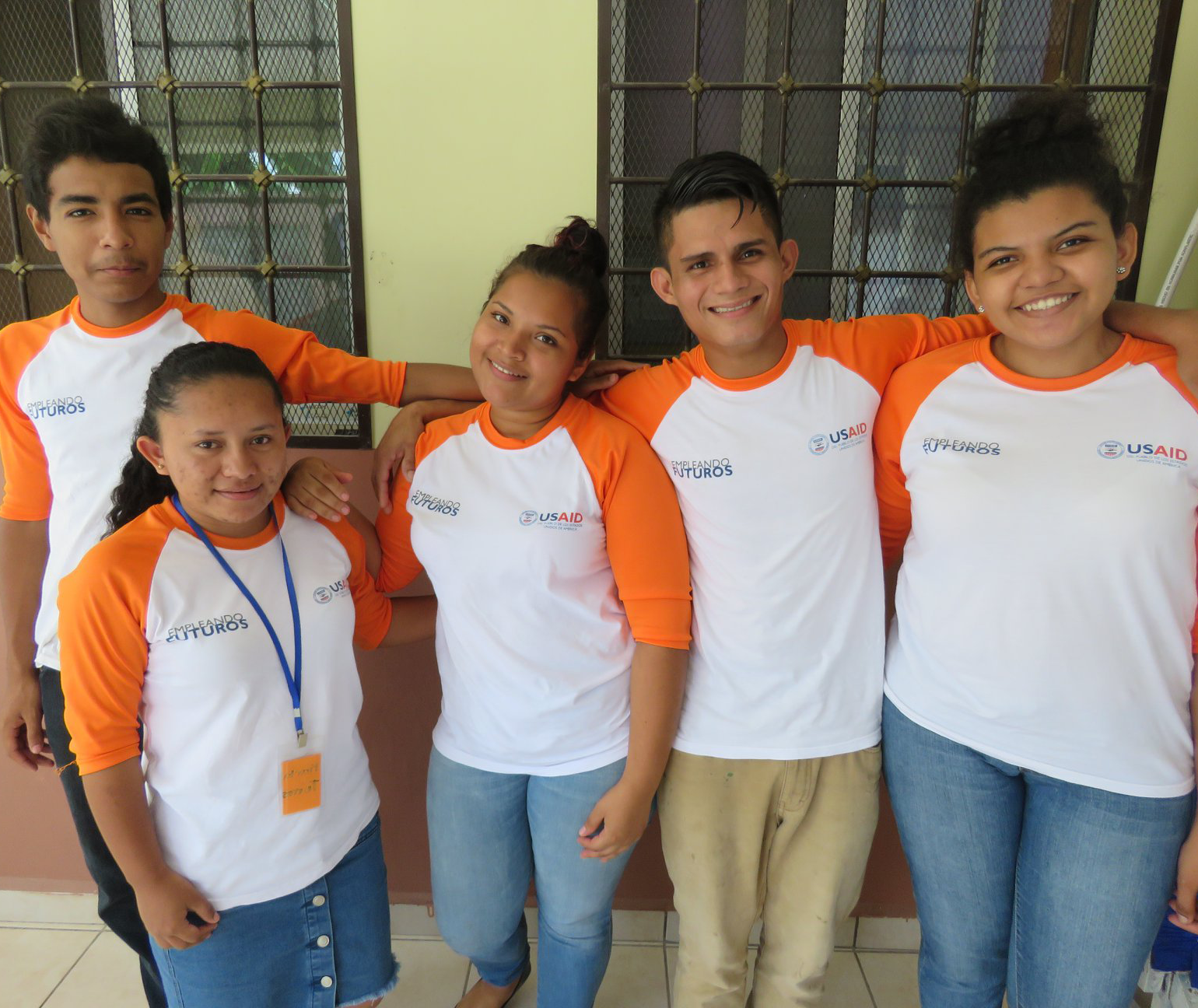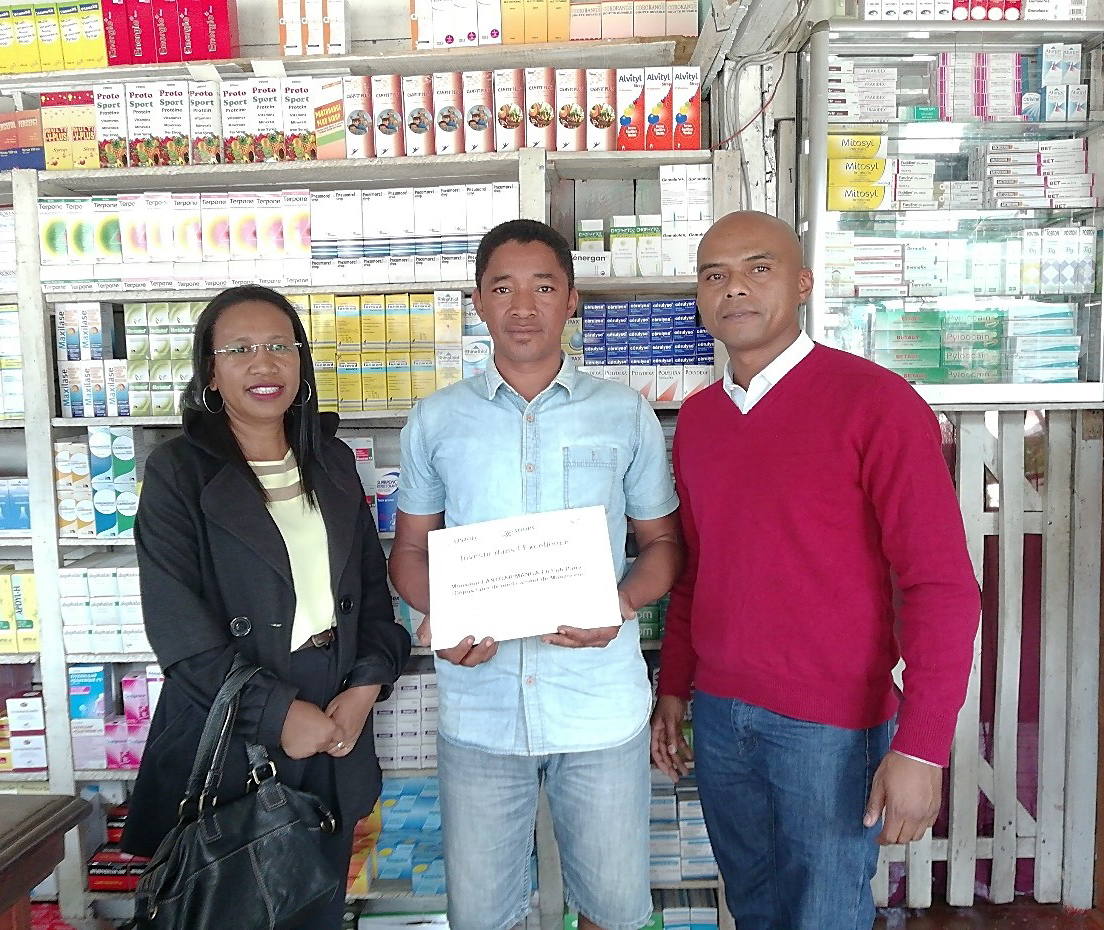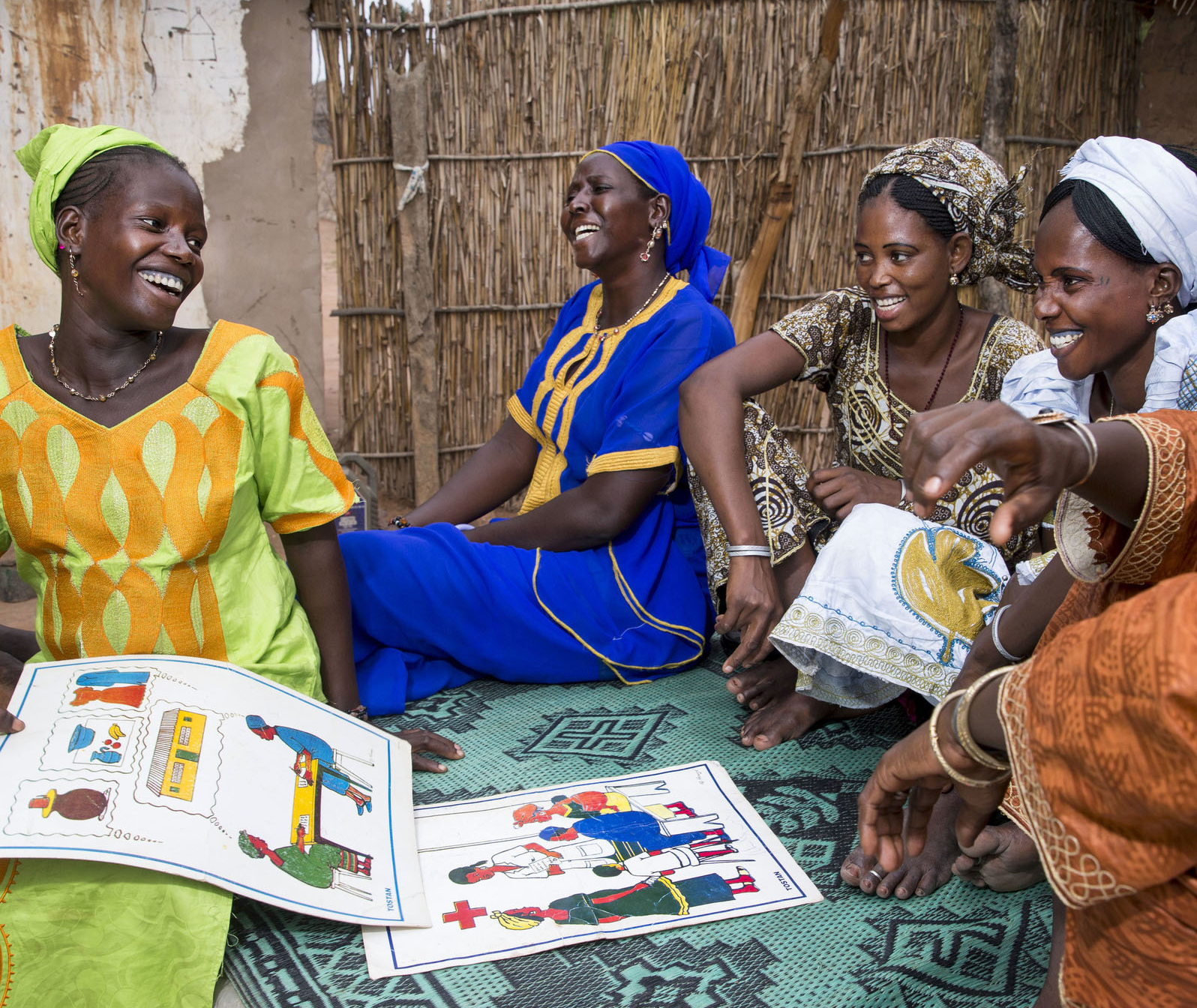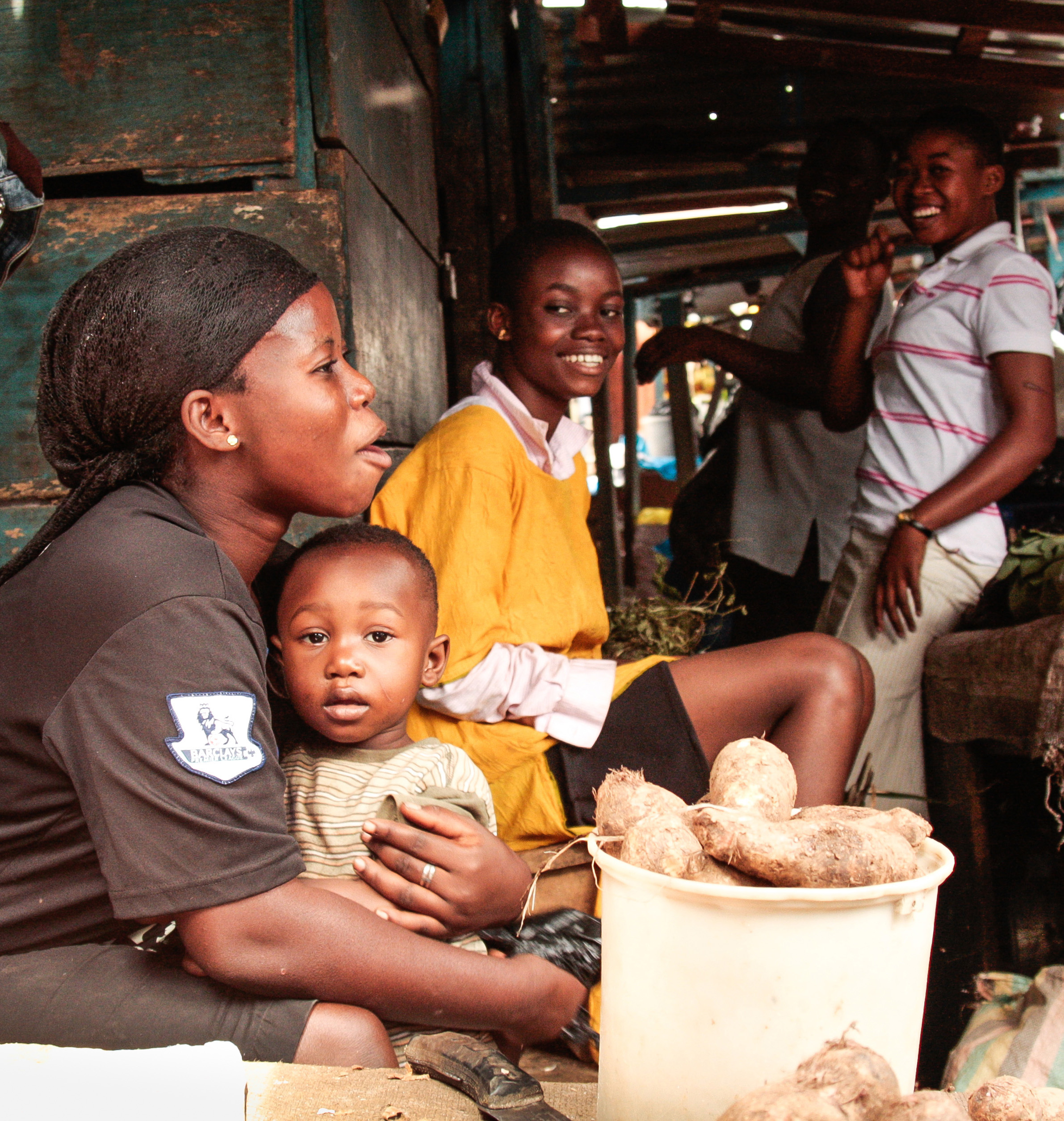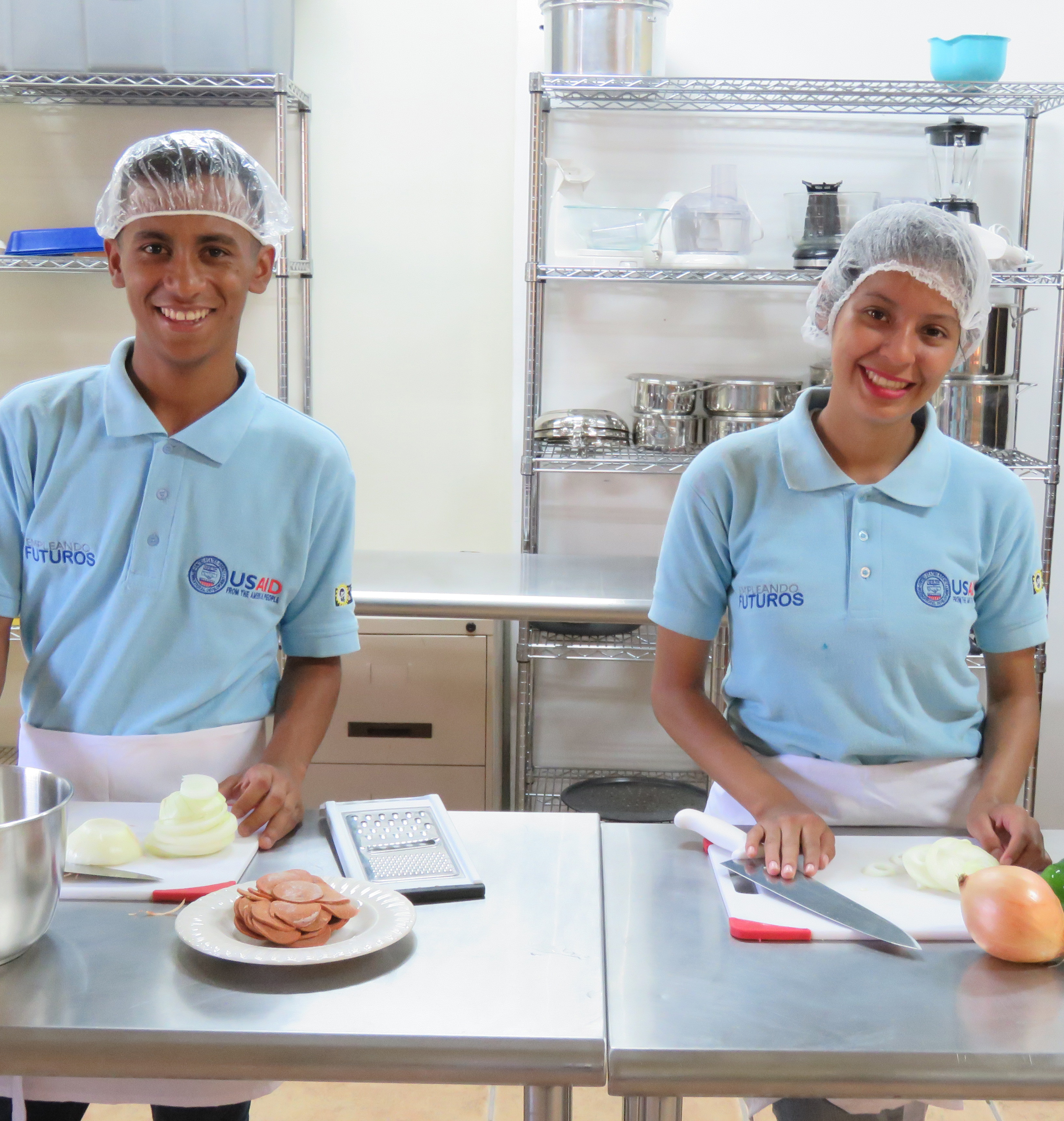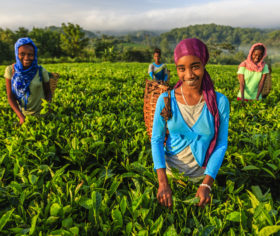
Empowering Communities · Youth · Enterprise Development
Making Connections: Providing Mentorship Opportunities to Young Entrepreneurs in Ethiopia
In Ethiopia, women farmers achieve agricultural yields that are up to 35 percent lower than that of their male counterparts. The United States Agency for International Development (USAID) Feed the Future Ethiopia Value Chain Activity (FTFE VCA) addresses barriers to success for women farmers through a peer mentorship program. Banyan Global, as a subcontractor to Fintrac, leads the program’s implementation.

